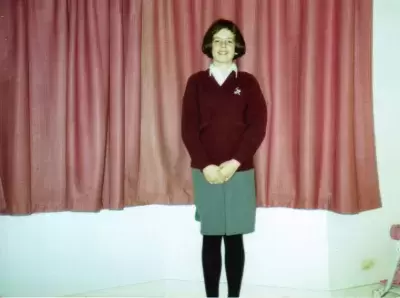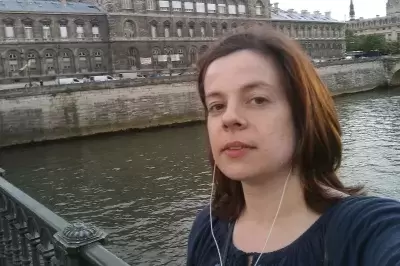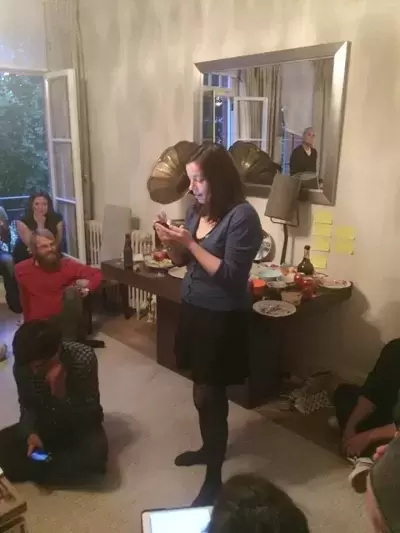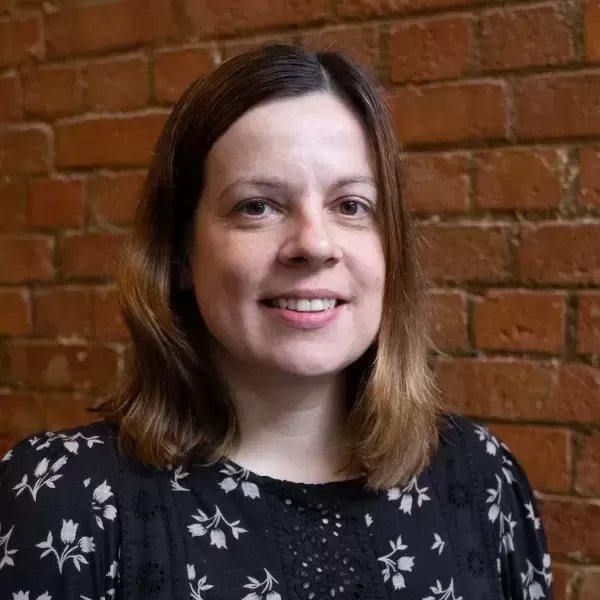Ana Lena’s Story | Coming full circle: In 1991, UK was in the EU, and Yugoslavia wasn’t; now Croatia is in the EU, and UK isn’t
Origin IS destiny - Missing out on travel and opportunities in my youth was painful as most of my European peers had the freedom to migrate at no cost and for no particular reason within Europe; ironically this is now true of British only citizens.
Ana Lena is a Croatian citizen who’s been living in the UK since 2014.
1991

The first time I travelled by plane and away from my part of Europe was in 1991 to the UK. This almost didn’t happen as my father was meant to be working on a project in Stockholm, but accepted a transfer to Brighton.
I came for the summer, then ended up staying for 14 months because of the wars which broke out in my countries – Croatia and Bosnia (yes, Europe has had a war between WW2 and the war in Ukraine which is conveniently forgotten).
The reason why I mention both is because I was born in Croatia, but my dad is a Bosnian Croat with roots in majority-Serb part of Bosnia, spanning at least 400 years. It ceased to be our home after the 1990s war. It was strange watching the war as the last item on the BBC news and hearing my father listening to the radio late at night, fearing the news.
When we landed, my clearest memory from the UK border was the blue-with-yellow-stars-flag marked straight entry line for the then-12 European Community countries, and the overcrowded zig-zagging line we had to follow as Yugoslav citizens, as well as the questions the border official asked my stepmother, the adult.
From that day I dreamt of the day my country would join the EU (the treaty of Maastricht was signed shortly after in 1992), and I would be able to enter the UK in a straight line. The UK and the EU were intrinsically linked in my mind.
2013-2014

22 years later, Croatia became an EU member state. I couldn’t wait that long, I had already left to study (as I couldn’t work) in Belgium and France. However, Croats still couldn't work freely almost anywhere in the EU for the next 5-8 years. I was running out of time.
As I was considering a career transition to data science, a friend suggested going to the UK. I was aware of the fact that the UK had the most straightforward and the shortest process of gaining a work permit, plus I spoke the language fluently, courtesy of those 14 months back in 1991. But, I could only come as a student, not a job seeker.
I had to have an EHIC card, a notary validated declaration I will have “no recourse to public funds”, and I had to apply for a Yellow Registration Certificate (“Yellow Card”) to be able to work 20 hours per week - after 12 months of continuous work all restrictions on employment would be ended. It was a rather odd mix of international student rules and EU citizen rights. But I remembered the interrogation and scrutiny of non-EU migrants from 1991 and had vowed to myself I would never come to the UK before I could just walk in, no questions asked.
2016

I got my full work permit - “The Blue Card” - on 6th June 2016. Then, on 23rd June 2016, the UK voted for Brexit. I felt like the EU citizens should have been given the vote, if they had lived in the UK for 5 years or more, although this wouldn’t have included me. I understand it would have been impossible to enforce this rule due to the nature of freedom of movement and in the absence of the requirement to record your official place of residence with UK authorities (which is a requirement in most EU countries).
2020

The UK left the EU. Since then, the questioning at the border has resumed for EU citizens. I resent the fact that the UK government said repeatedly that people taking up EUSS status have expressed their trust in the UK. Some of us just need more time to decide where we want to rebuild our lives, and did not fancy getting kicked out after 30th June 2021. To me, the UK is just a corridor leading to the rest of my life.
In the meantime, my political mission is that the UK has to accept the legacy of Brexit – a new, EU citizen, minority. They have to make the cultural and the political space for us. I’d like to see 1st generation EU immigrants on TV, in Parliament, and in the media; bringing our myriad perspectives, giving us agency.



